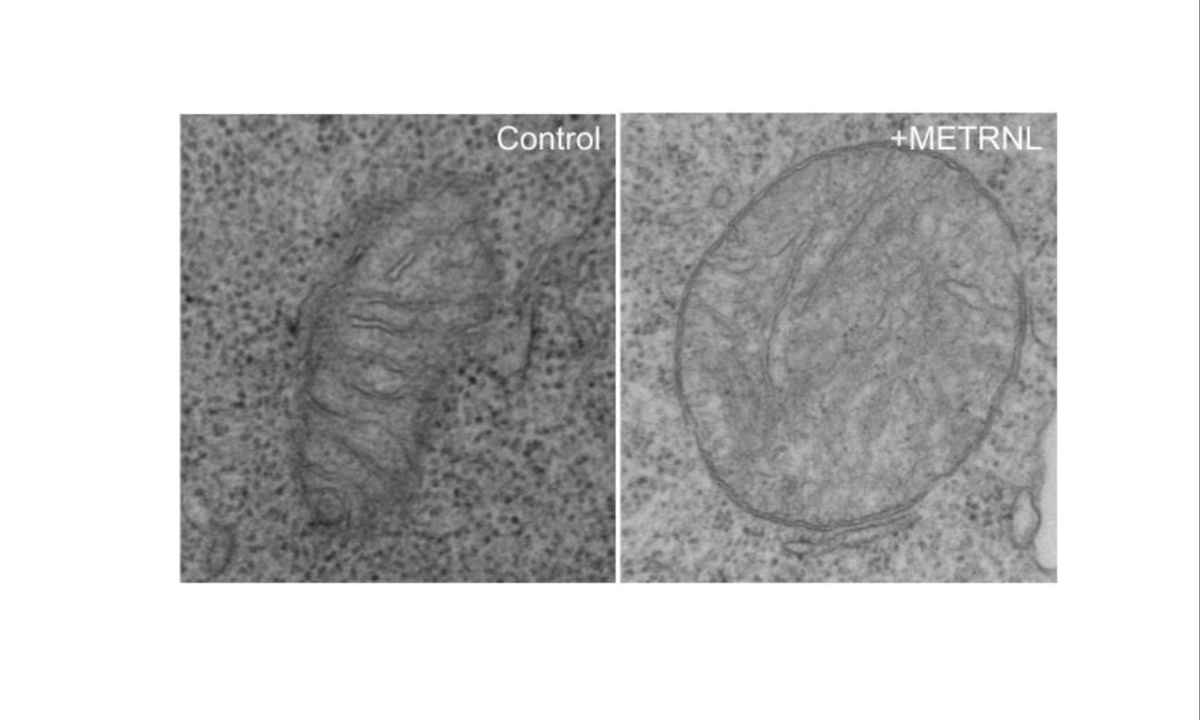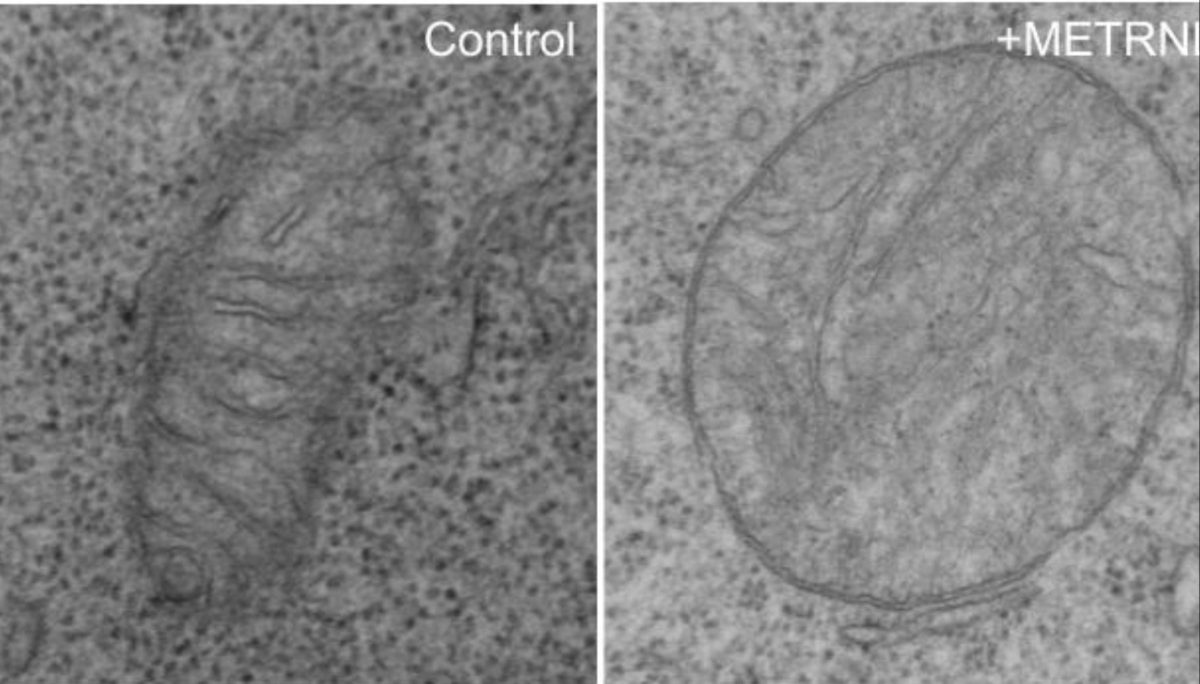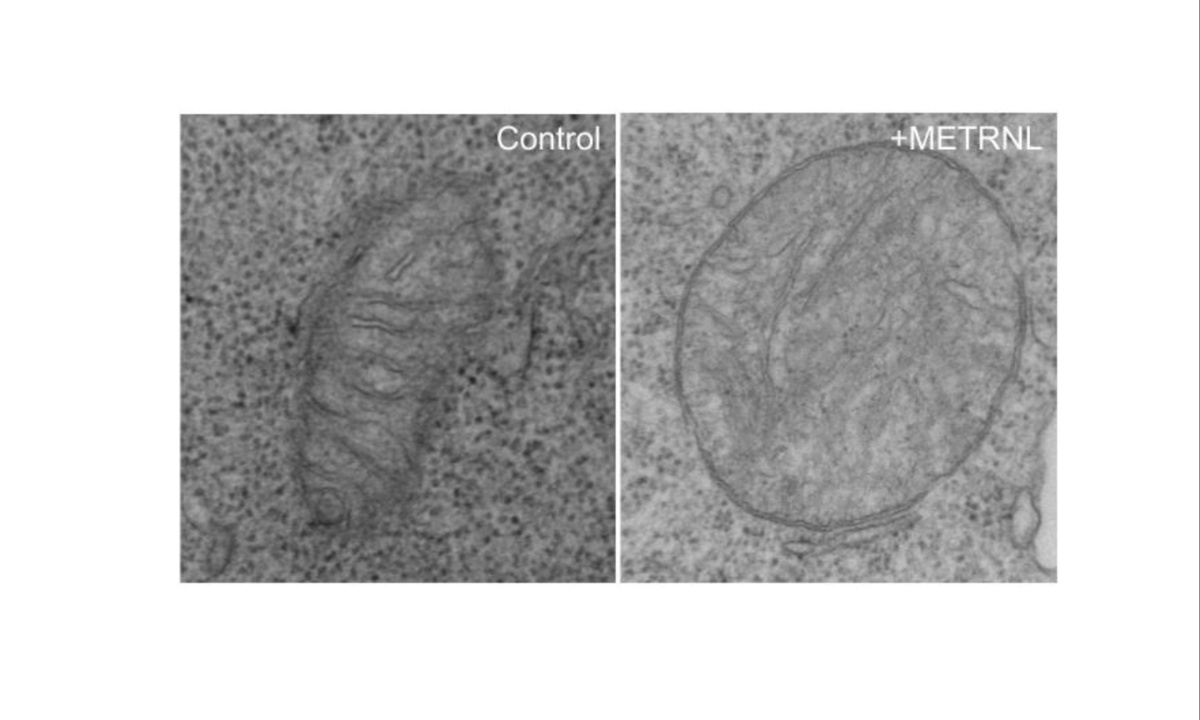Recent research from Johns Hopkins University has uncovered that a protein called Meteorin-like (METRNL) in the tumor microenvironment impairs T cell function by depleting their energy, thus hindering their ability to combat cancer.
This study, conducted by the Johns Hopkins School of Medicine and the Kimmel Cancer Center, highlights the critical role of METRNL in weakening T cells’ effectiveness against tumors.
The research team discovered that METRNL, previously known for its role in thermoregulation by disrupting mitochondrial function in fat cells, also affects T cells in cancerous environments.
METRNL’s involvement in T cells was not documented before, making this finding significant. The study, published in the journal Immunity, provides new insights into how METRNL impacts T cell energy metabolism during cancer progression.


METRNL is secreted by T cells under chronic stimulation or stress, typical in cancer situations. Once secreted, METRNL disrupts the electron transport chain in mitochondria, which is crucial for energy production.
This disruption leads to a decline in T cell energy levels, causing them to cease their attack on cancer cells, thereby facilitating tumor growth and spread.
In laboratory experiments, researchers analyzed T cells from various cancers and identified METRNL as a gene significantly associated with dysfunction. They found that chronic stimulation in cancer causes T cells to secrete METRNL, which undermines their energy production capabilities.
METRNL’s action on mitochondria leads to increased reliance on glucose, which is often scarce in tumors, further exacerbating T cell failure.
The study also revealed that METRNL’s activation involves transcription factors and signaling receptors. Researchers are exploring how targeting the METRNL-E2F-PPAR delta pathway could restore T cell function and improve immunotherapy outcomes.
By blocking this pathway, they hope to enhance the efficacy of existing treatments by ensuring T cells have sufficient energy to respond effectively to cancer.
